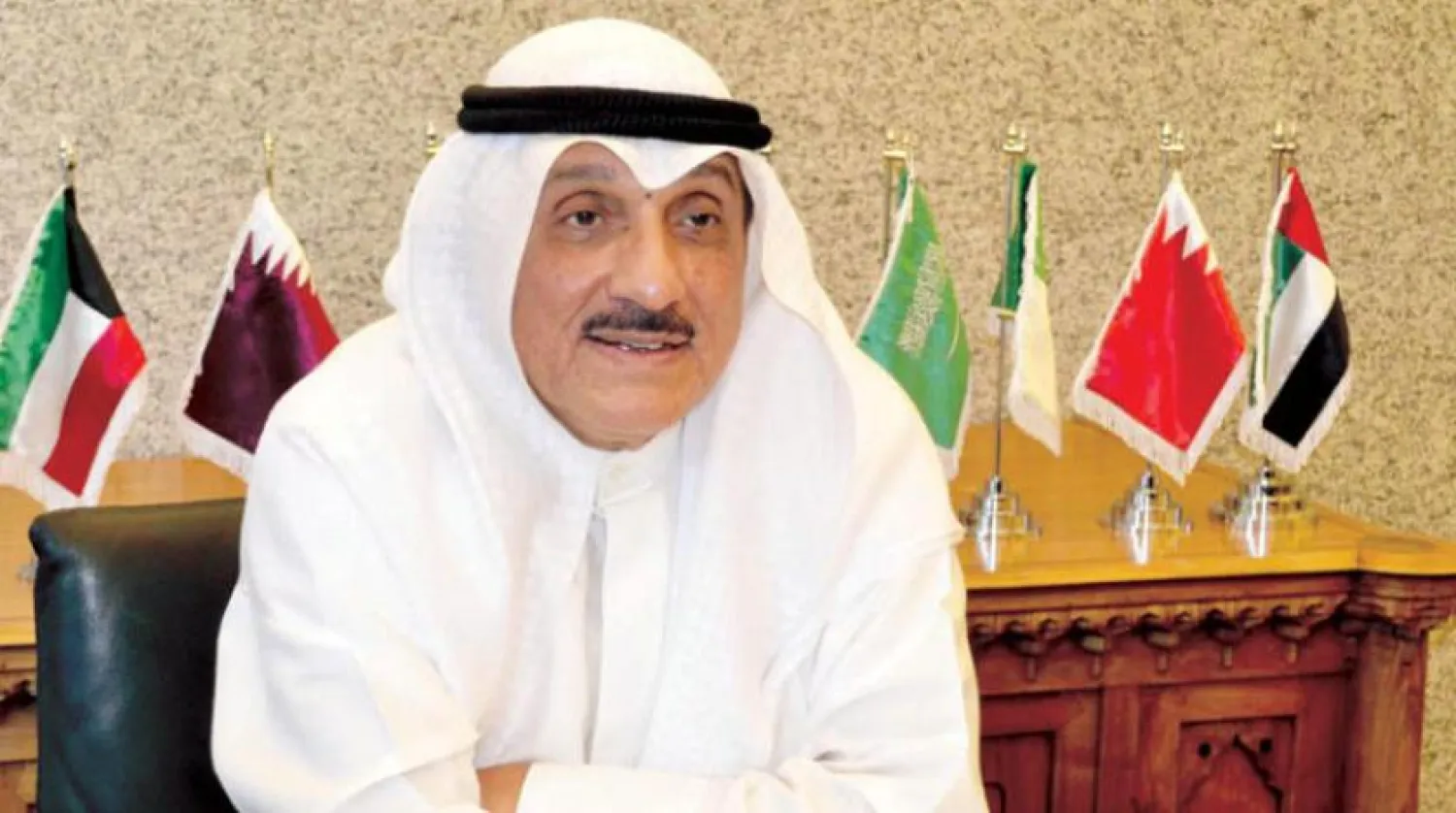The Secretary-General of the Organization of Arab Petroleum Exporting Countries (OAPEC), Ali bin Sabt, said the OPEC+ decision to cut oil production is correct and was taken at the right time.
In a press statement issued by OAPEC on Saturday, bin Sabt confirmed that the "decision took into account the uncertainty surrounding the performance of the global economy," as its growth rate is expected to drop by about three percent during 2023.
Last week, OPEC+ agreed to cut two million barrels per day of its output, saying it was necessary to respond to rising interest rates in the West and a weaker global economy.
He explained that the decision came in line with the successful approach taken by OPEC+ in taking proactive steps to avoid any oil market imbalances, especially on the demand and supply sides.
The Sec-Gen pointed out that the main objective of the decision is to ensure stability and balance in the global oil market and bring oil prices to levels acceptable to all market actors.
OAPEC includes Algeria, Bahrain, Egypt, Iraq, Kuwait, Libya, Qatar, Saudi Arabia, Syria, Tunisia, and the United Arab Emirates.
Markets worldwide are facing sharp volatility due to increased uncertainty in the global economy, which gives the dollar strength as a haven and increases the cost of its denominated commodities of other currencies.
Oil prices dropped with the rise of the dollar, which reached its highest level in 20 years, amid a decline in oil prices from the highest levels achieved last March at $147 per barrel, while it is currently trading at less than $100 per barrel.
Oil prices tumbled more than three percent on Friday as global recession fears and weak oil demand, especially in China, exceeded the support it received from the large cut to the OPEC+ supply target.
Brent crude futures fell $2.94, or 3.1 percent, to settle at $91.63 a barrel, while US West Texas Intermediate (WTI) crude futures fell $3.50, or 3.9 percent, to $85.61.
Brent and WTI contracts fluctuated between positive and negative for most of Friday but fell for the week by 6.4 percent and 7.6 percent, respectively.
US core inflation posted its most significant annual increase in 40 years, reinforcing views that interest rates will remain higher for longer with the risk of a global recession.
The next US interest rate decision is due in early November.
A survey showed that US consumer sentiment improved steadily in October, but households' inflation expectations fell slightly.
The US dollar index rose by 0.8 percent. A stronger dollar reduces demand for oil by making fuel more expensive for buyers who use other currencies.
On Thursday, the International Energy Agency (IEA) lowered its forecast for oil demand for this year and warned of a possible global recession.
The Agency estimates that underproduction among the group means the possibility of reducing production by one million barrels per day.
The decision led to a dispute between OPEC+, specifically Saudi Arabia, and the US, which usually measures such decisions by their local impact ahead of the November midterms when the Democrats and Republicans prepare for elections.
Oil prices were also supported by a sharp decline in US distillate inventories, although US crude oil inventories are more significant than expected.









